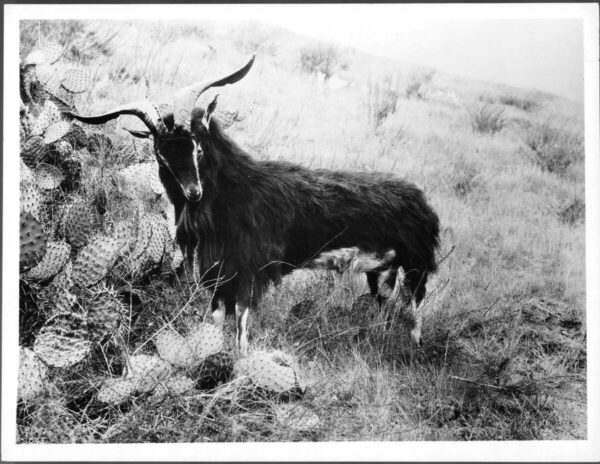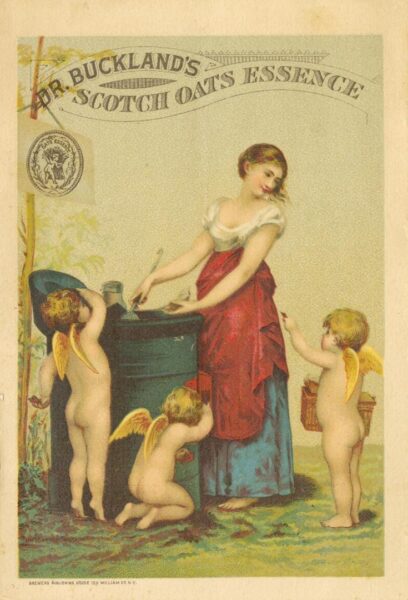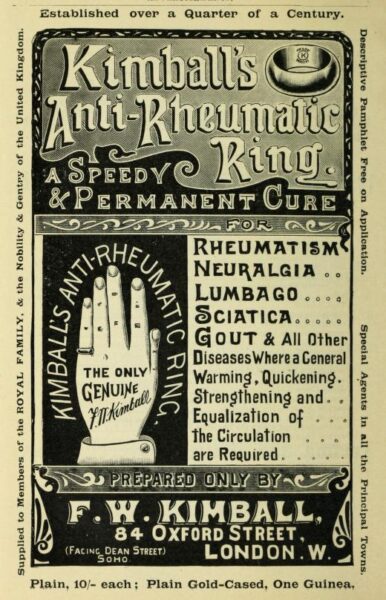 As well as the Pig Spice, Johnson’s also manufactured American Calf Spice, Johnson’s Prairie Sheep Spice and Johnson’s Horse, Cattle, Game and Poultry Condiment.
As well as the Pig Spice, Johnson’s also manufactured American Calf Spice, Johnson’s Prairie Sheep Spice and Johnson’s Horse, Cattle, Game and Poultry Condiment.
All rather culinary-sounding in name, products like this were intended to fatten livestock or improve condition, and were more of a food than a medicine. This one, however, claims to prevent pig typhoid, also called hog cholera but more commonly referred to nowadays as swine fever. If the Pig Spice were still around now – who knows? Maybe it could have averted the inevitable doom of the entire human race by preventing swine flu.
The swine fever virus can survive in the skin and muscle of a slaughtered pig for about 17 days, so a primary cause of outbreaks in the Victorian period was that pigs were fed unboiled swill containing the meat of those that had died of the disease. In 1865, Mr Burge, Medical Officer of health for Fulham, stated that “the London pig-keepers, as a rule, never venture to eat any of their own pork” and that he “had often heard them declare that nothing would induce them to do so.” The flesh of badly-kept pigs was also likely to contain tapeworm larvae, posing a threat to human health.
Image: Hampshire-Schwein, from Meyers Konversationslexikon (1885-90).
.
JOHNSONS’ AMERICAN PIG SPICE
IS WORTH ITS WEIGHT IN GOLD!!!
It is a special preparation adapted for Pigs only. This
Spice is particularly recommended for its beneficial ac-
tion on Pigs, which induces them to eat, sleep, and
grow fat in a surprisingly short space of time. It has
also the great recommendation of keeping Pigs perfectly
healthy. It is well known that Pigs are very subject
to inflammatory diseases, and are soon carried off when
once attacked, but by using Johnsons’ American Pig
Spice, disease is warded off by the healthy tone of the
system, induced by the use of the spice.
It is the Only Preventative of Typhoid Fever in
Swine.
Sold in Packages, 6d. each.
Wholesale Agents for Ireland—
PRATT and COMPANY,
43 DAME-STREET, DUBLIN,
Agents required in Districts not already represented.
Source: Freeman’s Journal and Daily Commercial Advertiser (Dublin), Saturday 9 August 1879
Note: Although the apostrophe is after the “s” in “Johnsons” here, most adverts read “Johnson’s”


